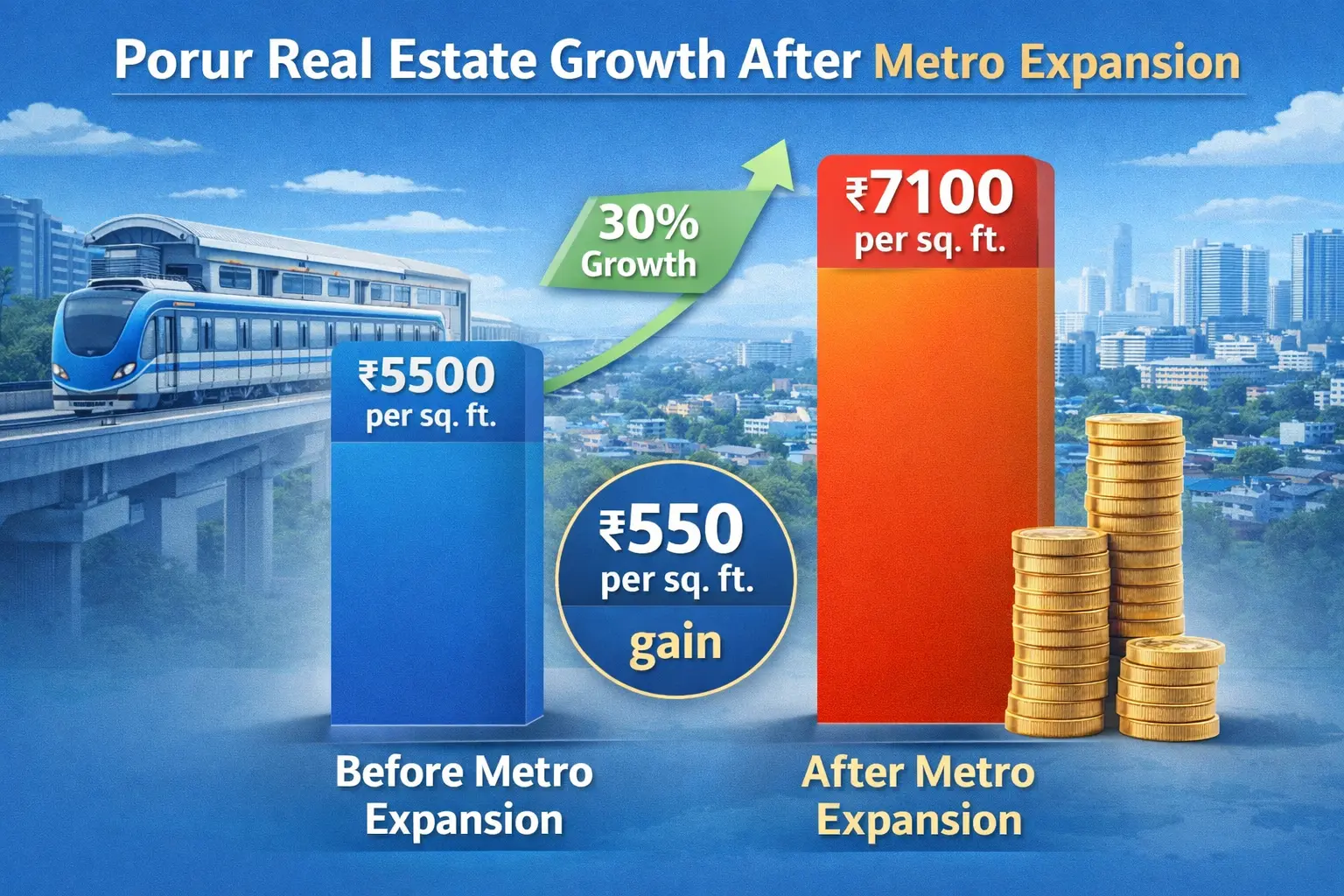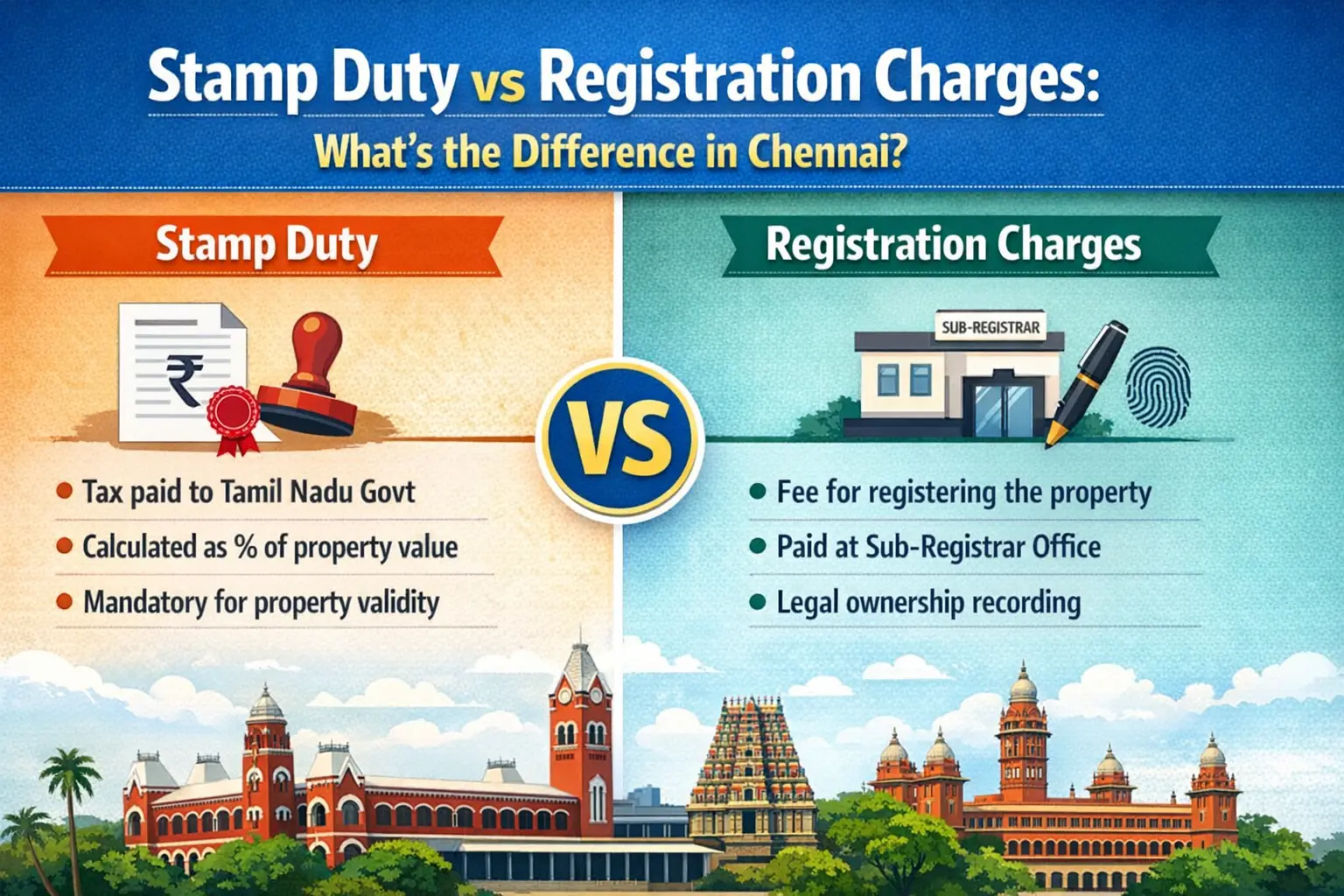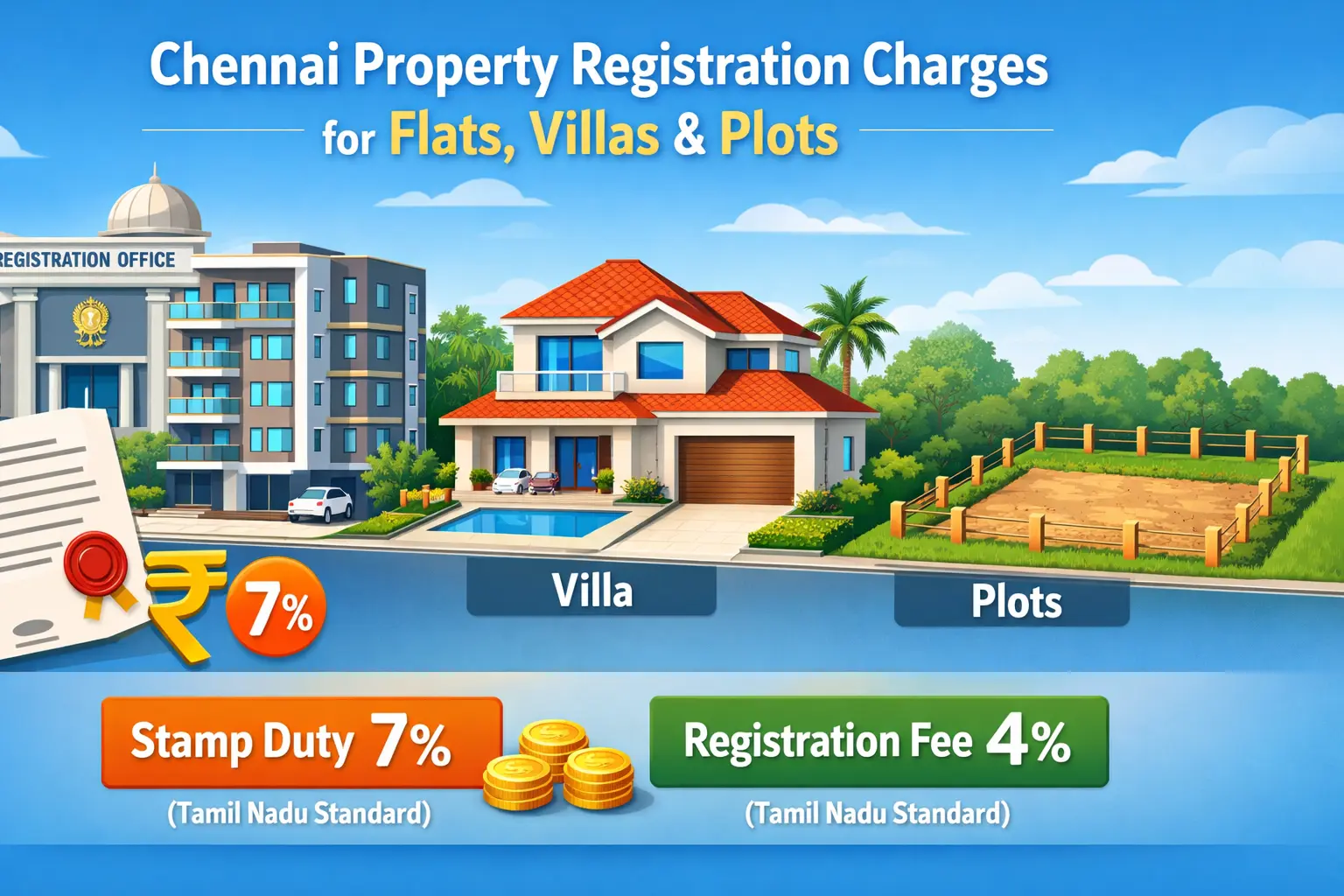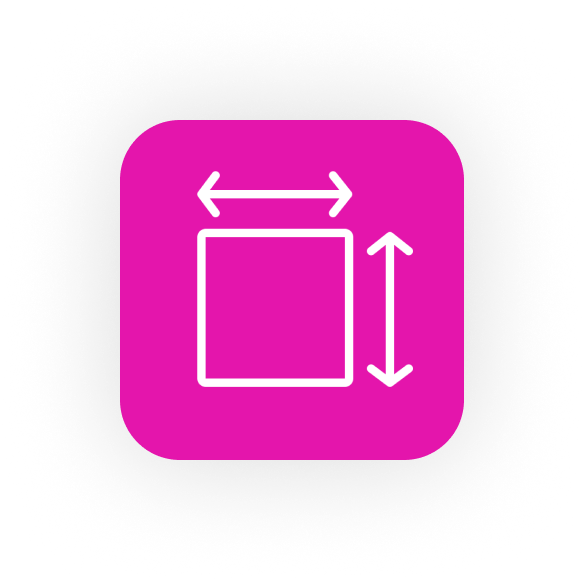What is the mortgage application process like, and what are the current interest rates?
A mortgage loan is one in which you borrow money by pledging your home. Mortgage loan interest rates range from 8.15% to 11.80% per annum. Typically, you will be able to obtain funding of up to 60% of the registered value of the property.
The mortgage process is complex, but it can be broken down into several steps: pre-approval, house hunting, mortgage application, loan processing, underwriting, and closing. It's a good idea to get a mortgage pre-approval before you start looking for a home so you know what you can afford.
Which bank offers the lowest mortgage loan interest rate?
The interest rate on an HDFC Bank home loan starts at 8.35%.
During the season promotions, the bank offers house loans starting at 8.35% per annum,
he lowest among major banks. Furthermore, you can save up to 50% on processing expenses.
Which CIBIL score is not good?
|
CIBIL Score Range |
Rating |
|
300-499 |
Poor |
|
500-649 |
Average |
|
650-749 |
Good |
|
750-900 |
Excellent |
Bank of India now has the lowest home loan interest rate, beginning at 8.30% p.a. Following that are HDFC Bank and Union Bank of India, which offer house loans with interest rates starting at 8.35% p.a. The ultimate interest rates offered to home loan applicants would be determined by their credit score, loan amount, profession profile, employer profile, and other factors. Because even a small change in interest rate can result in a big difference in total interest cost for the home loan borrower, prospective borrowers should check interest rates offered by as many lenders as feasible before submitting a loan application.
Home Loan Interest Rates of Top Public Sector Banks:
|
Name of Lender |
Up to Rs. 30 Lakh |
Above Rs. 30 Lakh & Up to Rs. 75 Lakh |
Above Rs. 75 Lakh |
|
8.40% – 10.65% |
8.40% – 10.65% |
8.40% – 10.90% |
|
|
8.45% – 10.25% |
8.40% – 10.15% |
8.40% – 10.15% |
|
|
8.50% – 10.00% |
8.50% – 10.00% |
8.50% – 10.00% |
|
|
8.40% – 10.15% |
8.40% – 10.05% |
8.40% – 10.05% |
|
|
8.35% – 10.75% |
8.35% – 10.90% |
8.35% – 10.90% |
|
|
8.30% – 10.75% |
8.30% – 10.75% |
8.30% – 10.75% |
|
|
8.45% – 10.30% |
8.45% – 10.30% |
8.45% – 10.30% |
|
|
8.50% – 11.15% |
8.50% – 11.15% |
8.50% – 11.15% |
|
|
8.50% – 11.25% |
8.45% – 11.25% |
8.40% – 11.15% |
|
|
8.40% onwards |
8.40% onwards |
8.40% onwards |
Home Loan Interest Rates of Top Private Sector Banks:
|
Name of Lender |
Up to Rs. 30 Lakh |
Above Rs. 30 Lakh & Up to Rs. 75 Lakh |
Above Rs. 75 Lakh |
|
8.35% onwards |
8.35% onwards |
8.35% onwards |
|
|
8.70% onwards |
8.70% onwards |
8.70% onwards |
|
|
8.75% p.a. onwards |
8.75% p.a. onwards |
8.75% p.a. onwards |
|
|
8.70% – 13.30% |
8.70% – 13.30% |
8.70%- 9.10% |
|
|
9.23% – 10.73% |
9.23% – 10.73% |
9.23% – 10.73% |
|
|
9.57% – 10.97% |
9.57% – 10.77% |
9.57% – 11.42% |
|
|
8.75% – 10.43% |
8.75% – 10.43% |
8.75% – 10.43% |
|
|
8.80% onwards |
8.80% onwards |
8.80% onwards |
|
|
9.35% – 10.50% |
9.35% – 10.50% |
9.35% – 10.50% |
|
|
9.45% – 9.95% |
9.45% – 9.95% |
9.45% – 9.95% |
|
|
9.16% – 15.00% |
9.16% – 13.33% |
9.16% – 13.33% |
|
|
8.90% onwards |
8.90% onwards |
8.90% onwards |
Home Loan Interest Rates of Top Housing Finance Companies (HFCs)
|
Name of Lender |
Up to Rs. 30 Lakh |
Above Rs. 30 Lakh & Up to Rs. 75 Lakh |
Above Rs. 75 Lakh |
|
8.40% – 10.35% |
8.40% – 10.55% |
8.40% – 10.75% |
|
|
8.70% onwards |
8.70% onwards |
8.70% onwards |
|
|
8.50% onwards |
8.50% onwards |
8.50% onwards |
|
|
8.50% – 14.50% |
8.50% – 14.50% |
8.50% – 11.45% |
|
|
9.50% onwards |
9.50% onwards |
9.50% onwards |
|
|
8.80% onwards |
8.80% onwards |
8.80% onwards |
|
|
8.75% onwards |
8.75% onwards |
8.75% onwards |
|
|
8.80% – 14.75% |
8.80% – 14.75% |
8.80% – 14.75% |
|
|
9.20% onwards |
9.20% onwards |
9.20% onwards |
|
|
8.55% onwards |
8.55% onwards |
8.55% onwards |
|
|
8.60% onwards |
8.60% onwards |
8.60% onwards |
Types of Home Loan Interest Rates
A home loan is classified into three varieties based on the interest rate: fixed-rate, floating-rate, and hybrid.
1. Fixed Rate Loans: A fixed interest rate remains consistent throughout the loan tenure, resulting in a steady home loan EMI. When the current housing loan rate of interest is fairly low and a rising trend is projected in the future, applying for a house loan with a fixed rate of interest is preferable.
2. Floating Rate Loans: A floating interest rate, also known as a variable rate of interest, is subject to current market lending rates and may fluctuate during the loan term. The EMIs on house loans will rise or fall in response to changes in interest rates.
3.Hybrid Loans: Hybrid rate mortgages are a mix of fixed and adjustable rate mortgages. They will have a fixed interest rate for a set period of time before transitioning to a variable interest rate. These mortgages are best suited for consumers who secured the loan at a low fixed rate and plan to prepay or foreclose before the floating rate sets in.
Considering home loans are typically large, banks and HFCs conduct a comprehensive and detailed examination of the borrower's credit history, repayment capacity, and income, as well as stringent checks on the property to be purchased. Borrowers seeking a house loan must be aware of the elements that lenders consider while processing a housing loan application, as well as be fully aware of their own eligibility. It should be noted that low-interest rates frequently come with stricter eligibility requirements.
- Credit score: Your credit score is a numerical representation of your credit history. Those who have paid their EMIs and credit card bills in full, timely, and have not been over-dependent on credit in the past are likely to have a good credit score. If your credit score from CIBIL and other bureaus is 750 and above, lenders would see you favorably for a home loan. Also, banks and HFCs are increasingly using the credit score of the home loan applicants to fix their housing loan interest rates. As a high credit score reflects responsible credit behavior and financial discipline, many banks and HFCs offer home loans to applicants with higher credit scores at a lower interest rate.
- Income and employment: Lenders consider your salary, type of employment, and employer profile when determining your home loan eligibility. Because of their increased job/income certainty, home loan candidates employed with the government or PSUs, or those working for large and/or reputable private sector businesses, are frequently preferred by lenders. As a result, lenders provide cheaper home interest rates to such individuals. house loan applicants with irregular or insufficient income, on the other hand, may have difficulty obtaining a house loan with a reduced interest rate.
- Interest rate concession for women home loan borrowers: Some lenders offer women customers a 0.05% interest rate reduction on home loans. As a result, married couples may consider taking out a combined home loan and making the wife the primary applicant if they can achieve a cheaper interest rate. Obtaining a shared home loan will also boost your home loan eligibility and tax benefits.
Those looking for home loans might try to get them at reduced interest rates by following the guidelines below:
- Keep your credit score as high as possible, preferably at least 750
- Apply for a joint home loan, preferably with a female member of the family as some lenders offer interest rate concession to female loan applicants.
- Existing home loan borrowers can lower their home loan rates by transferring their outstanding balance to another lender offering lower interest rate
- Many lenders set lower interest rates for applicants having lower LTV ratios. Thus, home loan applicants should make the maximum contribution possible towards home down payment so as to lower their loan amount, which thereby might help them get lower interest rates on their housing loans.
What Are Some First-Time Homebuyer Tips?
Getting a mortgage requires you to put skin in the game by making a down payment on your TO Continue...













